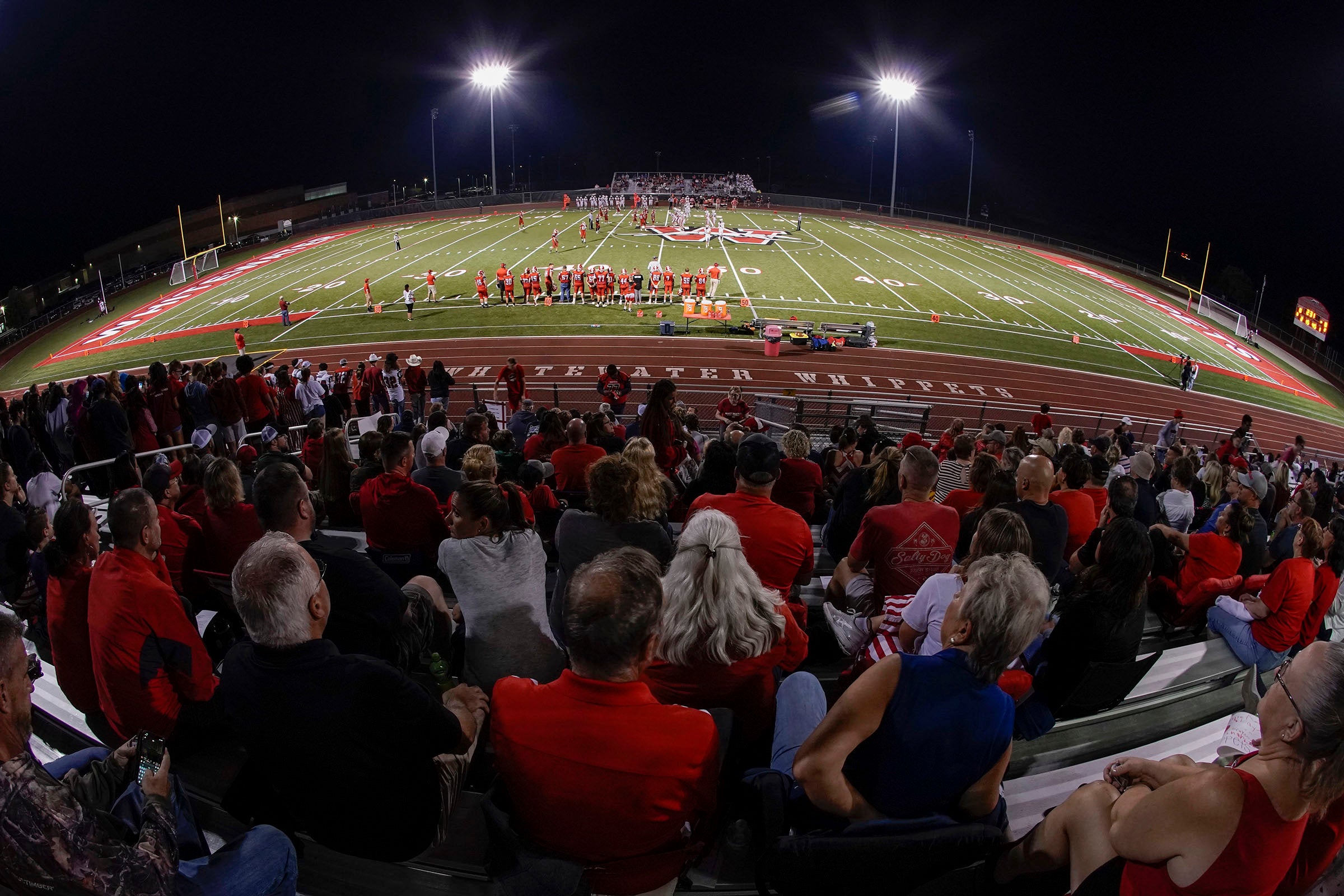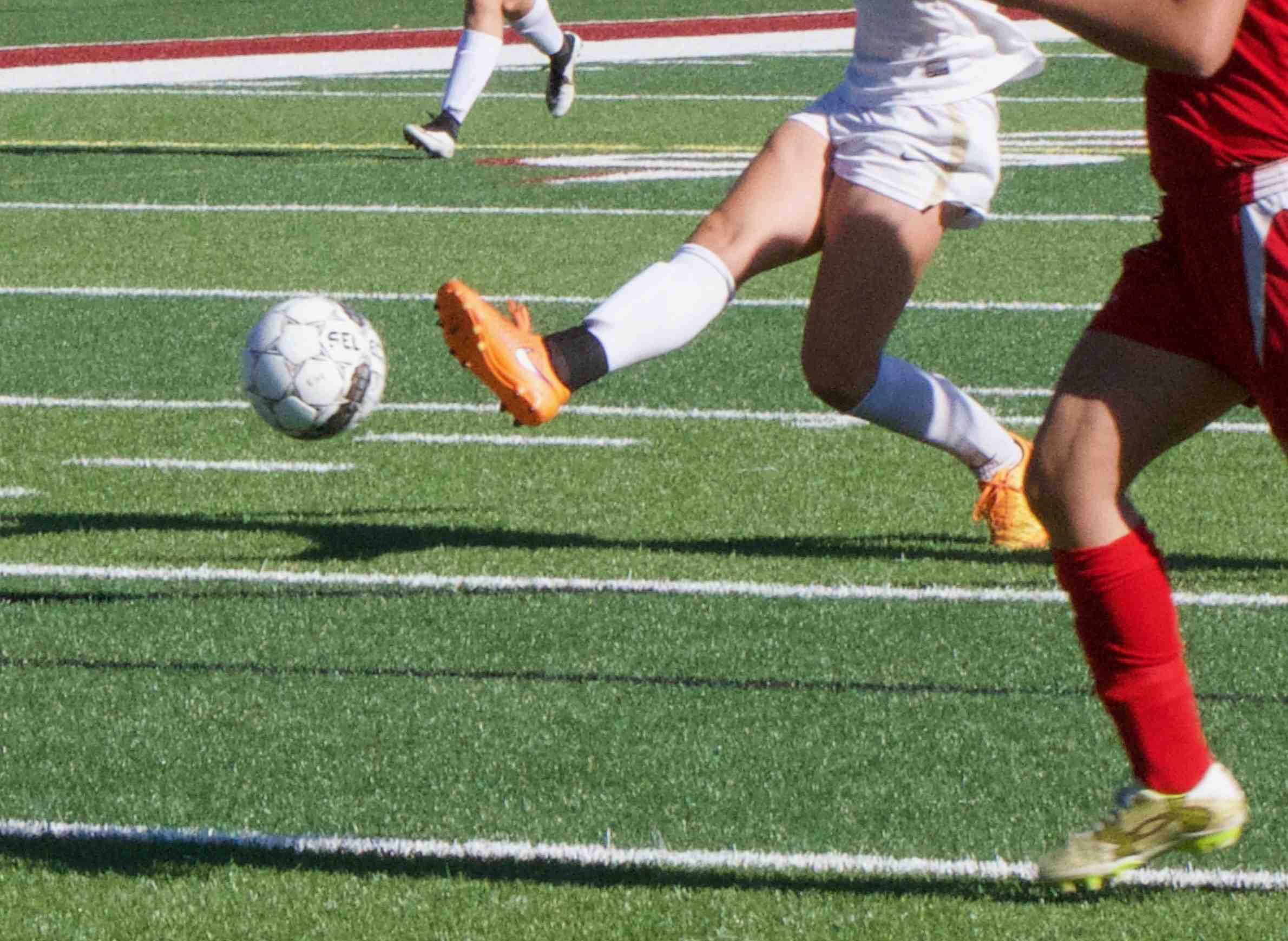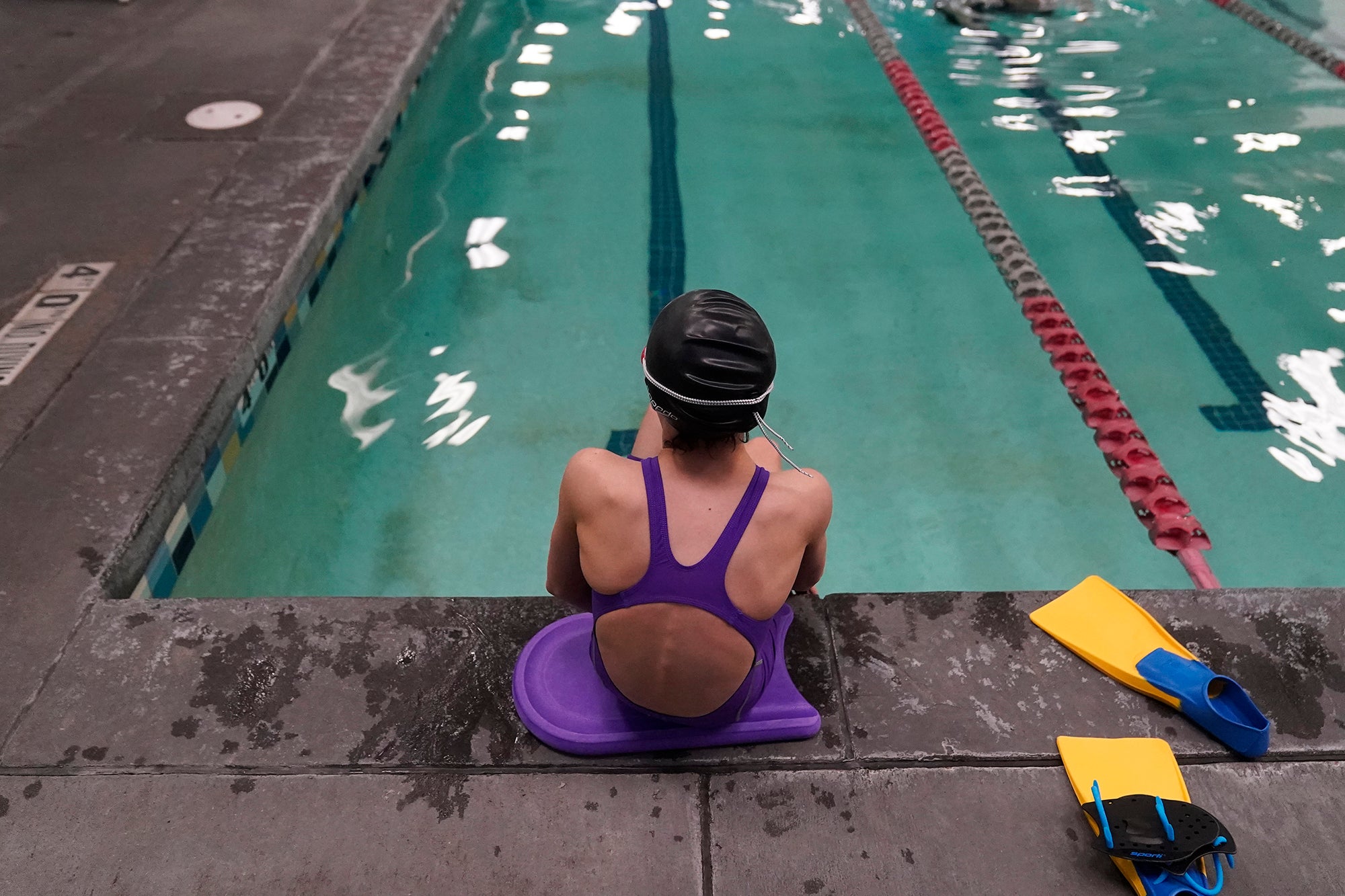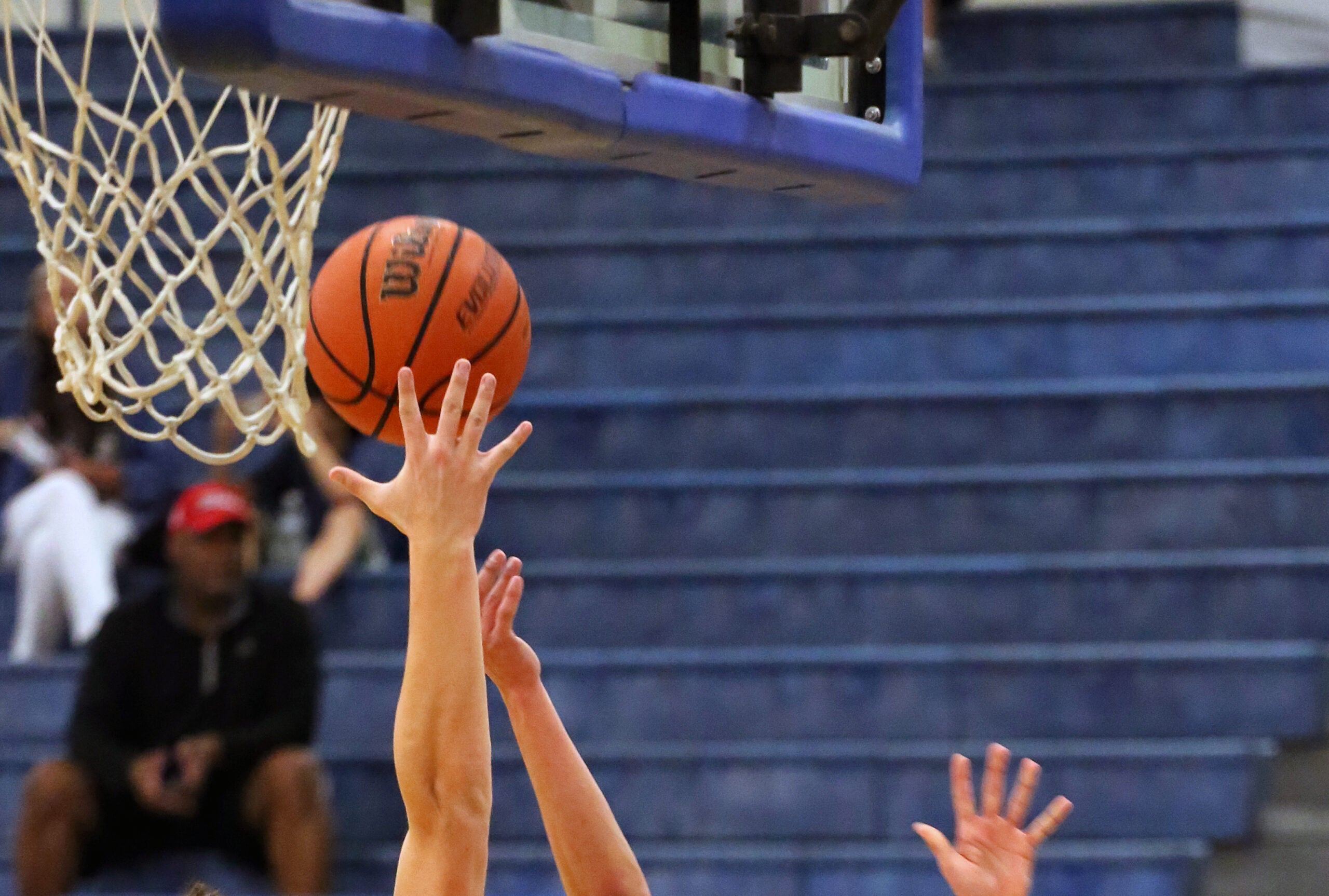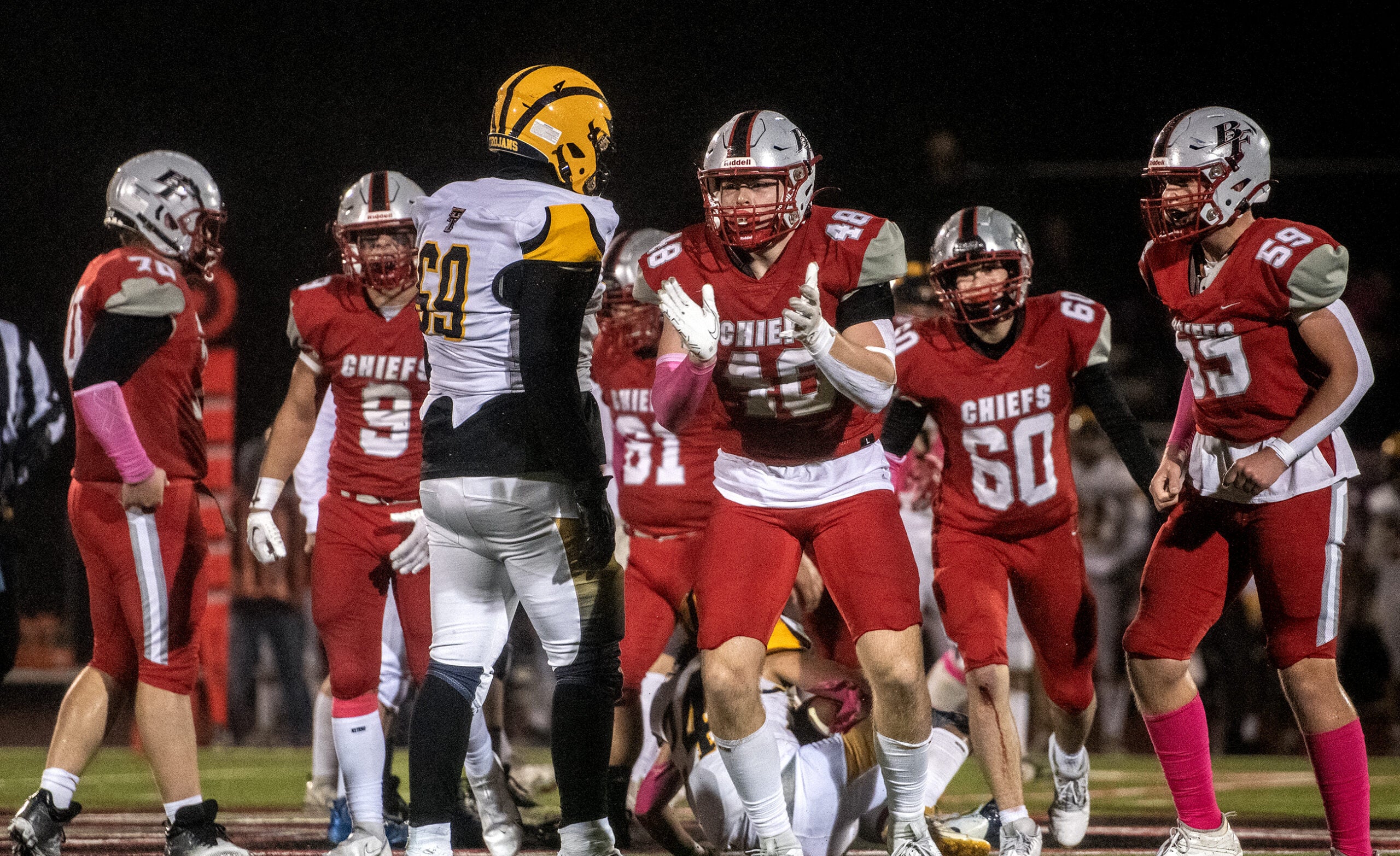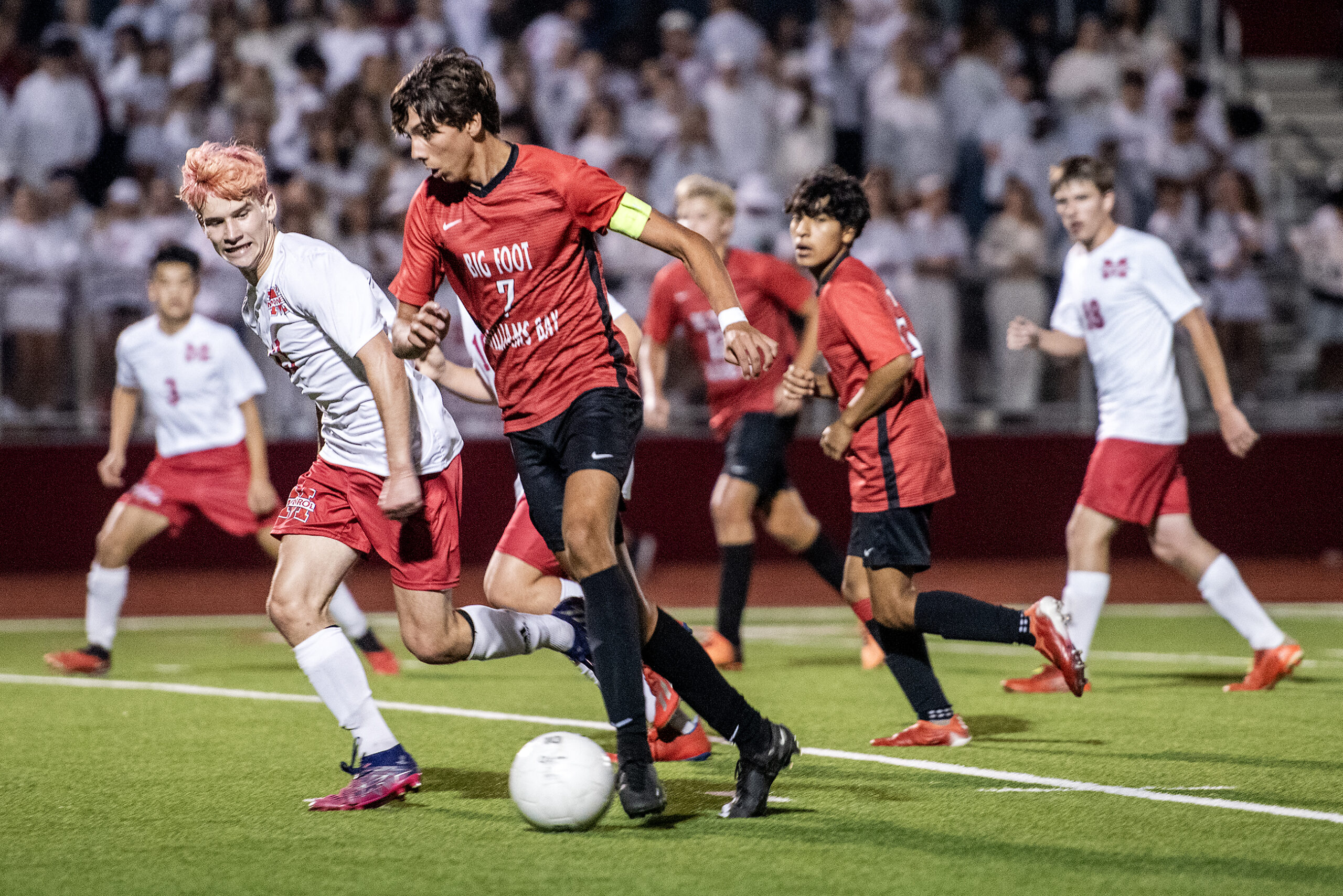Starting later this month, high school athletes in Wisconsin will be allowed to be compensated for companies using the athlete’s name, image and likeness.
The Wisconsin Interscholastic Athletic Association voted last month to approve a set of rules that govern what athletes can be compensated for and who can and can’t be involved in marketing agreements, known as NIL deals.
The state governing body of high school sports had rejected a proposal last year that would have allowed high school athletes to be paid. Now, Wisconsin will join at least 40 states in allowing some form of athlete compensation when the rules go into effect at the end of May.
News with a little more humanity
WPR’s “Wisconsin Today” newsletter keeps you connected to the state you love without feeling overwhelmed. No paywall. No agenda. No corporate filter.
The state athletic association partnered with a new Milwaukee-based company called Influential Athlete, which coaches athletes on how to maximize compensation opportunities.
CEO Stephanie Grady told WPR’s “Wisconsin Today” that she sees the marketing agreements as about more than just athletes making money. It’s a bridge between their athletic success and their career after sports.
“It allows them to start getting experience and exposure to the professional world, something that most elite athletes don’t have the advantage of doing,” Grady said. “They’re not getting college internships. They’re not getting jobs because of how much time they have to dedicate to their sport, and so NIL is allowing them to start to break into that professional realm a lot sooner.”
Under the WIAA rules, high school athletes are not allowed to hire an agent to represent them in deals the way college players can.
Influential Athlete offers a $500 digital course and one-on-one coaching for female athletes to teach them the skills to market themselves for potential business deals, but it is not an agency and doesn’t connect them directly to financial opportunities. Grady described it as life skills coaching.
The company is also contracting with Wisconsin high schools and athletic conferences to advise coaches and administrators on how to navigate these new rules and maintain compliance with the WIAA.
The role of schools
Schools are also not allowed to facilitate or manage any deals, and athletes are not required to disclose their deals to the school. Players can’t use any school branding or affiliation in their marketing.
Grady said the WIAA wants these financial arrangements for athletes to be completely separate, in an effort to discourage athletes from switching schools to pursue more lucrative opportunities.
Waukesha North High School Athletic Director Eric Plitzuweit told “Wisconsin Today” that school leaders can still help educate athletes and families about the rules and provide guidance to help them stay compliant.
“We need to make sure that we educate because I think people will see what goes on at the college level, and the high school rules are not the same,” Plitzuweit said. “We don’t want [a player] to accidentally end up losing high school eligibility based on mistakes that are made without our knowledge.”
Plitzuweit believes Grady’s work meeting with school leaders around the state helped the rules get approved as officials got a better understanding of how marketing agreements would work.
The month between the vote passing and the rules going into effect is giving coaches and athletic directors time to get their athletes up to speed before potential deals start coming.
Grady said the perception is that these opportunities are only for elite athletes signing six-figure deals, but she sees a business landscape open to smaller deals for athletes willing to put themselves out there.
“The vast majority of athletes who are being compensated with NIL deals, they’re for a few hundred bucks, or, even to begin with, free or discounted products or services in exchange for promotion,” Grady said. “You don’t have to be the No. 1 recruited quarterback across the country in order to be successful with NIL. It really comes down to how much ambition a particular student athlete may have.”
“They have a level of influence within the communities where they reside, where they live, where they go to school, and businesses see that as something that could be beneficial to them because [athletes] have people watching them,” Grady added. “They have younger kids who are looking up to them, and that’s a potential business’ customer base that they’re looking to tap into.”

